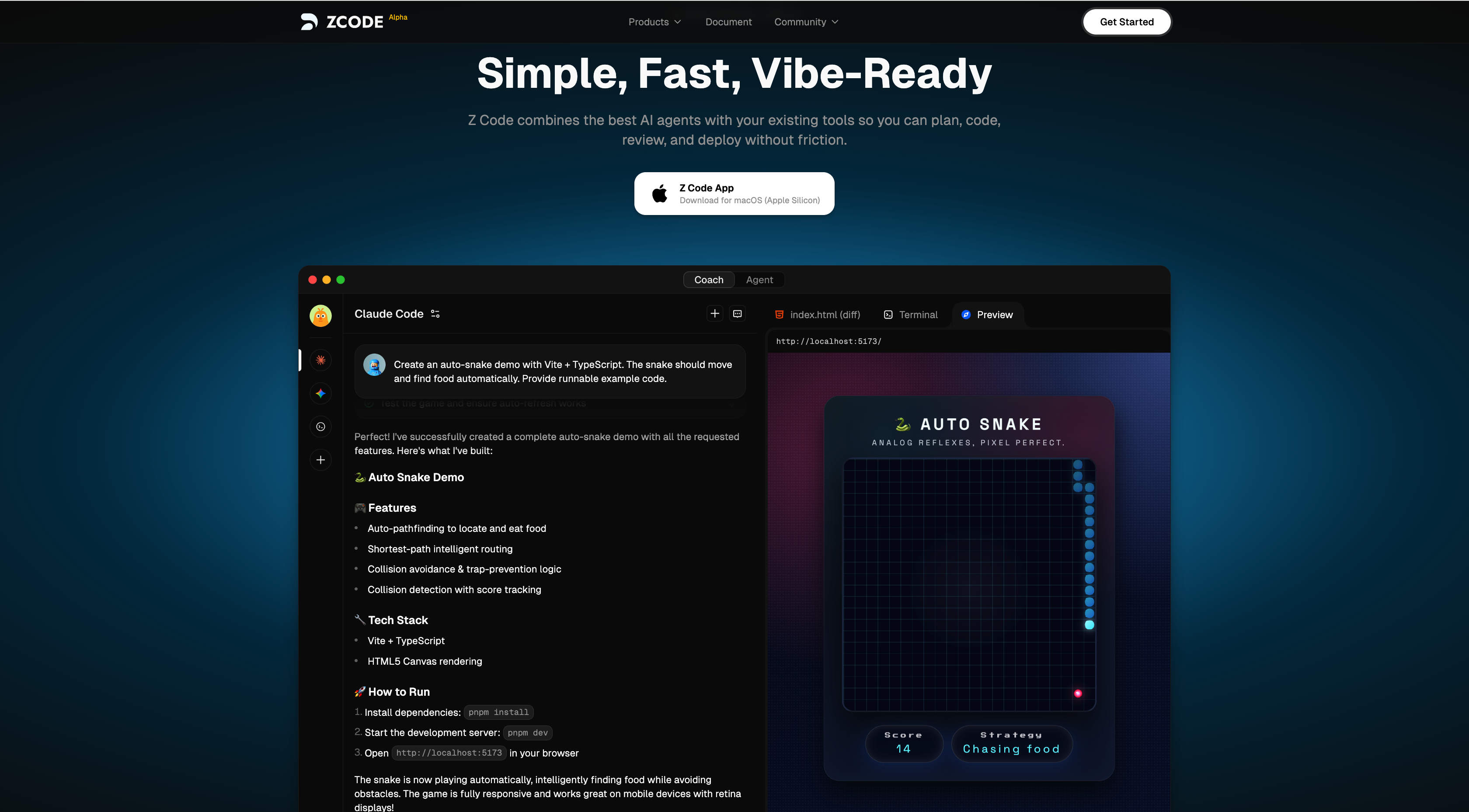Key Highlights: Warren Buffett, the legendary investor who has helmed Berkshire Hathaway since 1965, is renowned for his remarkable long-term returns. While he's known for avoiding market hype, over one-third (34.4%) of his $265 billion portfolio is invested in four companies actively embracing Artificial Intelligence (AI). What's the story?
Buffett's Investment Philosophy and the "Unexpected" Intersection with AI
Buffett has always been a staunch long-term value investor, focusing on a company's intrinsic value, profitability, and management team, rather than fleeting market trends. Therefore, you won't see Berkshire Hathaway blindly jumping on the AI bandwagon. However, interestingly, several companies Buffett has long held are quietly leveraging AI to inject new vitality into their core businesses.

These companies aren't pure-play AI businesses, but they view AI as a crucial tool for improving efficiency, optimizing user experience, and even driving future growth. This perfectly aligns with Buffett's consistent requirements for quality investments – possessing a strong moat and consistently creating value.
Unveiling the Four Hidden AI Gems in Buffett's Portfolio
1. Domino's Pizza: 0.4% of the Portfolio
That's right, the world's largest pizza chain! Although a relatively new addition to Buffett's holdings, acquired in late 2024, Domino's is surprisingly forward-thinking in its AI applications. They've developed an AI tool called "Voice of the Pizza" that captures user feedback from platforms like Reddit and relays crucial information to headquarters, allowing management to promptly adjust menus or optimize user experience.
Even more impressive, Domino's website utilizes AI algorithms to analyze customer behavior and can even predict and prepare pizzas before customers officially place their orders! In the future, Domino's plans to utilize AI for employee scheduling, inventory management, and more to increase efficiency and drive profit growth – precisely the qualities Buffett cherishes.
2. Amazon: 0.7% of the Portfolio
As a tech giant, Amazon has long integrated AI deeply into its operations. From the AI-powered shopping assistant Rufus on its e-commerce website (helping consumers compare products and make informed decisions) to using AI and computer vision technology in its logistics centers to identify defective items (reducing returns and refunds), Amazon showcases its AI prowess everywhere.
Even more central is its cloud services platform, AWS. Amazon not only develops its own data center chips and large language models (LLMs), but also offers AI assistants, empowering businesses to develop their own AI software through AWS. AWS, as the world's largest cloud service provider with over $100 billion in annual revenue, views AI as a "once-in-a-lifetime" business opportunity.
Although Buffett has expressed regret for not investing in Amazon earlier, Berkshire's current holdings in Amazon are worth over $1.7 billion. If Amazon's AI strategy succeeds in the coming years, Buffett's team stands to benefit significantly.
3. Coca-Cola: 11% of the Portfolio
Connecting Coca-Cola with AI might seem surprising, but this global beverage giant never stops innovating. In fact, Coca-Cola's AI strategy is quite profound, permeating marketing campaigns, daily operations, and even new beverage development.
For example, during last year's Christmas season, Coca-Cola launched the "Create Real Magic" interactive campaign, where users could generate personalized digital snow globes through the website's AI engine. In 2023, the company utilized AI to analyze massive amounts of user data to predict the taste of its flagship beverage in the year 3000, and launched a limited-edition concept drink called "Coca-Cola Y3000".
This is just the beginning. Coca-Cola plans to invest $1.1 billion in Microsoft Azure by 2029 to accelerate its organization-wide "AI transformation," using AI tools to improve work efficiency, supply chain management, and more. Berkshire's Coca-Cola stock, purchased between 1988 and 1994 for $1.3 billion, has never been sold and is now worth $29.2 billion, generating substantial dividends annually. AI will undoubtedly add to this long-term investment.
4. Apple: (Note: Specific current percentage not provided, only mentioned as a significant holding)
Although Buffett recently reduced his Apple holdings to manage risk, Apple remains a significant part of Berkshire's portfolio and is highly likely to become a top global AI player.
Apple has been preparing for the AI era for years, designing specialized chips for its iPhones, iPads, and Macs. These chips paved the way for the "Apple Intelligence" suite launched last year. This suite introduces a range of AI-powered features, including tools that summarize and generate information, compose emails, and prioritize notifications based on user importance.
While Buffett's initial investment in Apple wasn't driven by its AI potential, Apple's continued efforts in AI undoubtedly add to its long-term value. It's foreseeable that Apple will remain in Berkshire's portfolio for a long time to come.
Conclusion: The Convergence of Value Investing and the Tech Wave
Buffett's portfolio once again demonstrates that even a stalwart of traditional value investing cannot ignore the profound changes brought about by AI. These companies aren't embracing AI to chase trends, but rather as a means to strengthen their core competitiveness and achieve long-term growth. This perhaps reveals a future investment trend: seeking out companies that can pragmatically integrate cutting-edge technology into their established businesses and create real value.










